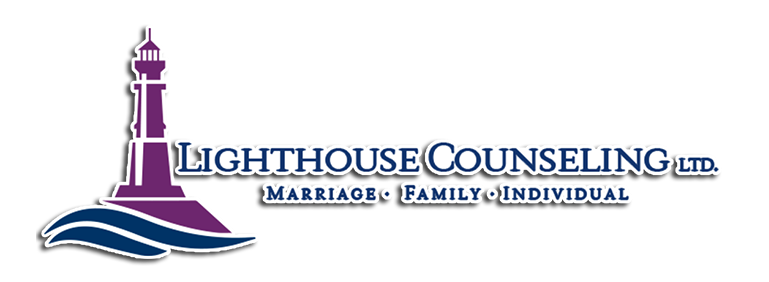Sometimes in life, we can be our own worst enemies. It is ironic but true. Reflect on a time when you had a goal that did not come to fruition. How did you view that result? Did you view inward and cast blame on your abilities, actions, or mistakes? Or did you view your failure(s) as originating from other people’s actions or unfavorable environmental factors? In short, how did you view your locus of control?
At some time in life, we all have a vision of how life should be, the best version of ourselves. This optimistic vision inspires us and pushes us past our comfort zone. It enables us to endure pain, hardships, and the possibility of failure. It provides us with a “blueprint” that contains certain constructive behaviors and actions that increase the probability of success. Over time, these sacrifices build confidence and resolve.
But what happens if some of the things we do set us back? It is possible that some of the behaviors you partake in are the same actions that are holding you back. Identifying these negative behaviors and reducing or removing them from your daily life is essential. These unproductive behaviors make life more difficult and prolong the process toward success. In the clinical realm, we classify these negative behaviors as “self-destructive behaviors.”
Self-destructive behaviors are commonly conscious acts that can cause emotional and physical harm to our loved ones and us. Some examples of self-destructive behaviors include chronic procrastination, lack of follow-through, binge eating, substance abuse, unwise impulsive acts, and normalized lack of sleep. On the surface, these behaviors seem minor and unworthy of concern. However, prolonged application of these acts can lead to unhealthy routines and lifestyles.
Establishing a healthy routine is vital to becoming your best version. As a result, removing or reducing self-destructive behaviors can be achieved through self-reflection and proper application. The first step is to identify the acts that are holding you back. Next, develop a “plan of action.” Finally, apply the necessary changes to your daily life and intend to follow through. Growth and success in life can be challenging. Why be in the way of yourself?
My name is J. Ervin Miller. I am a psychotherapist with Lighthouse Counseling and serve the Hutchinson, Willmar, and Waconia areas. If you find yourself suffering from self-destructive behaviors that you are willing to remedy, I would love to join you on that journey. ‘
You can contact me or schedule an appointment with our staff at (855) 454-2463.


Share On: